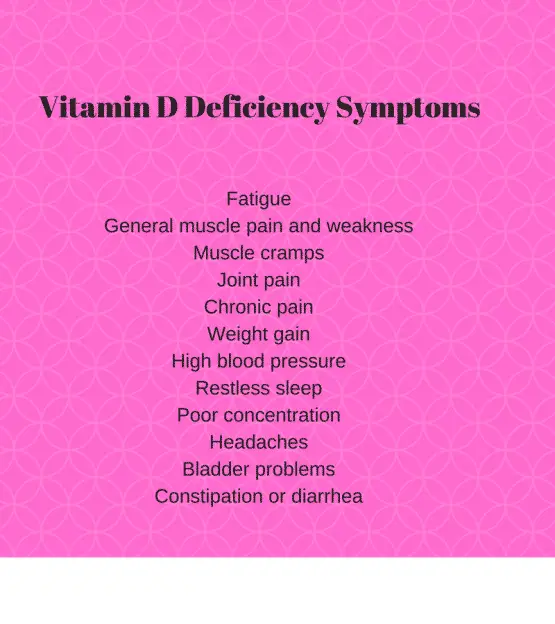Vitamin D and Abdominal Fat
Vitamin D is a steroid group of fat hormones responsible for the absorption of magnesium, calcium, and phosphate. The latest research has shown that Vitamin D deficiency causes abdominal obesity. Vitamin D deficiency and abdominal obesity have been linked to heart disease. There is a relationship between low Vitamin D, abdominal fat, and obesity. Studies have shown that Vitamin D deficiency is linked to abdominal fat.
Vitamin D Deficiency is Linked To Abdominal Fat
Researchers at the European Society of Endocrinology found that lower levels of Vitamin D are associated with abdominal fat in obese individuals. Obesity is a global pandemic and it is estimated to cause around 3 million deaths a year.
Vitamin D3 or cholecalciferol, and D2 or ergocalciferol are consumed from food and supplements. Very few foods have a significant amount of Vitamin D. The major natural source of Vitamin D is obtained from sunlight. The sunlight is synthesized by the skin.
In the past, Vitamin D deficiency was known for its ability to help maintain bone integrity. However, research has proved that Vitamin D is beneficial for the heart and kidney systems. Obesity is defined as a body mass of 30 kg/m2 or more. It is estimated that 70% of Americans over the age of 60m are overweight or obese. When people have excess abdominal fat, they ate at risk for the following diseases:
- High blood pressure
- Insulin resistance
- Osteoarthritis
- Diabetes mellitus
- Heart disease
There is consistent evidence in the literature about the association between increasing BMI and lower levels of Vitamin D. Other studies have found an association between obesity, low Vitamin D, and high levels of parathyroid hormone. This research leads researchers to come to the conclusion that vitamin d deficiency is linked to abdominal fat.
Why does Low Vitamin D Cause Obesity/ Vitamin D Deficiency is Linked to Abdominal Fat
- It is possible that obese individuals have a lower dietary intake of Vitamin D. Low calcium and low Vitamin D intake has been associated with obesity in men and women.
- Often time, obese individuals exposed less of their skin to the sun. This action results in reduced synthesis of Vitamin D on the skin.
- Reduced intestinal absorption is a cause of Vitamin D deficiency. LOw Vitamin d is well documented among people who have had bariatric surgery and gastric bypasses. In these procedures, a malabsorptive state is deliberated created because it will decrease the amount of food that is absorbed. This process will also prevent the absorption of nutrients.

Co-Administered Vitamin D and Calcium
Calcium and Vitamin D work together. Vitamin D is critical for calcium metabolism. The changes in fat mass and visceral fat were compared in obese college students after one of the groups was prescribed Vitamin D 125 IU daily for 12 weeks. The group that took the Vitamin D exhibited significantly greater decreases in visceral fat. Another study found that when people were supplemented with Calcium 1050mg and Vitamin D 300IU, they also had a significant decrease in visceral fat loss. Visceral fat, or abdominal fat is the body fat that is stored in the abdominal region. This type of fat is associated with heart disease.
According to another study, “Turning to vitamin D administered without calcium, one study randomized 77 overweight and obese women to receive either 1000 IU of vitamin D daily or a placebo. In both groups the mean baseline 25D concentration was below 50 nmol/L, indicating deficiency. Vitamin D supplementation caused a significant reduction in body fat mass or abdominal fat compared with placebo, as well as a significant rise in 25D concentrations. However, neither body weight nor waist circumference changed significantly in either group [38]. Changes in 25D concentration and changes in fat mass were significantly inversely correlated”.
Effects of Weight Loss on Vitamin D Concentration
There is also evidence that weight loss leads to increased 25D concentrations in the blood. These increased blood levels lead to a decrease in chronic diseases. These findings suggest that weight loss is associated with increased serum 25D concentration in overweight or obese women. 49% of participants were deficient (25D below 20 ng/mL (50 nmol/L)) at baseline. By the study end, 36% of all participants were deficient, with 17% of those who achieved a normal BMI being deficient.
Conclusions
The relationship between low Vitamin D and obesity has been well established. Correction of low 25D concentrations in obese individuals requires higher doses than those often advocated for the general population.


